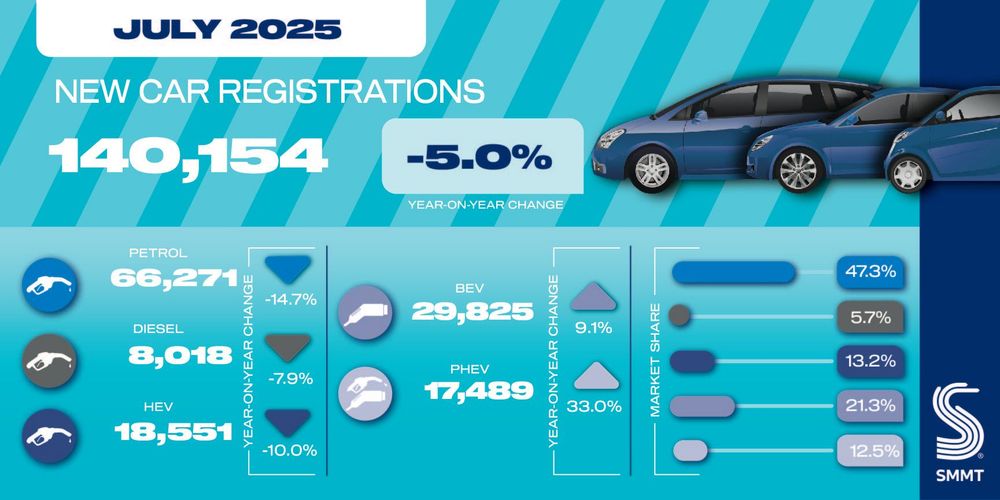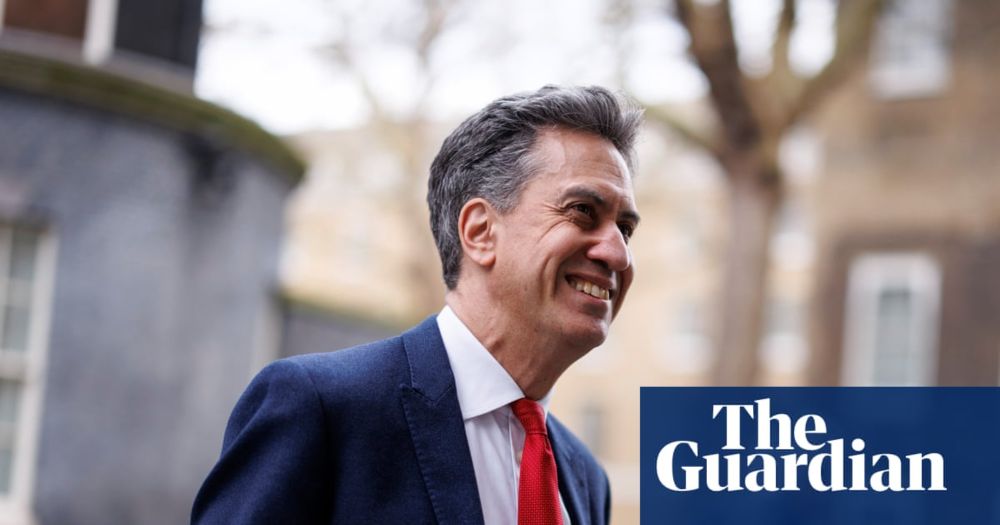Zachary Leather
@zackleather.bsky.social
2K followers
1.6K following
75 posts
Climate policy @resfoundation.bsky.social
Posts
Media
Videos
Starter Packs
Reposted by Zachary Leather
Reposted by Zachary Leather
Zachary Leather
@zackleather.bsky.social
· Aug 11
The Guardian
@theguardian.com
· Aug 10

Low-income and minority ethnic people in England most at risk from dangerously hot homes
Exclusive: Homes are heating up as summers get hotter but least well-off are shouldering greatest risk, study finds
*
Why UK housing is dangerously unprepared for impact of climate crisis
*
From shutters to reflective paint: how to prevent UK homes overheating
Lower-income householders, minority ethnic people and those with young children are more likely to live in homes at risk from dangerous overheating, research has found.
The UK has baked in multiple heatwaves this summer, with many people sweltering in dangerously hot homes that were not designed to withstand extreme temperatures. June was the hottest on record and in general this summer England was an average of 1.58C above average temperatures. Continue reading...
www.theguardian.com
Zachary Leather
@zackleather.bsky.social
· Jul 24

Flex appeal • Resolution Foundation
Britain needs to transform its electricity system for net zero, shifting from fixed prices to time-and-location varying tariffs. This could save £18bn annually by 2040, but it requires careful design ...
www.resolutionfoundation.org
Zachary Leather
@zackleather.bsky.social
· Jul 24
Reposted by Zachary Leather
Jonny Marshall
@jonnymarshall.bsky.social
· Jul 22
Zachary Leather
@zackleather.bsky.social
· Jun 24
Zachary Leather
@zackleather.bsky.social
· Jun 24
Zachary Leather
@zackleather.bsky.social
· Jun 24










